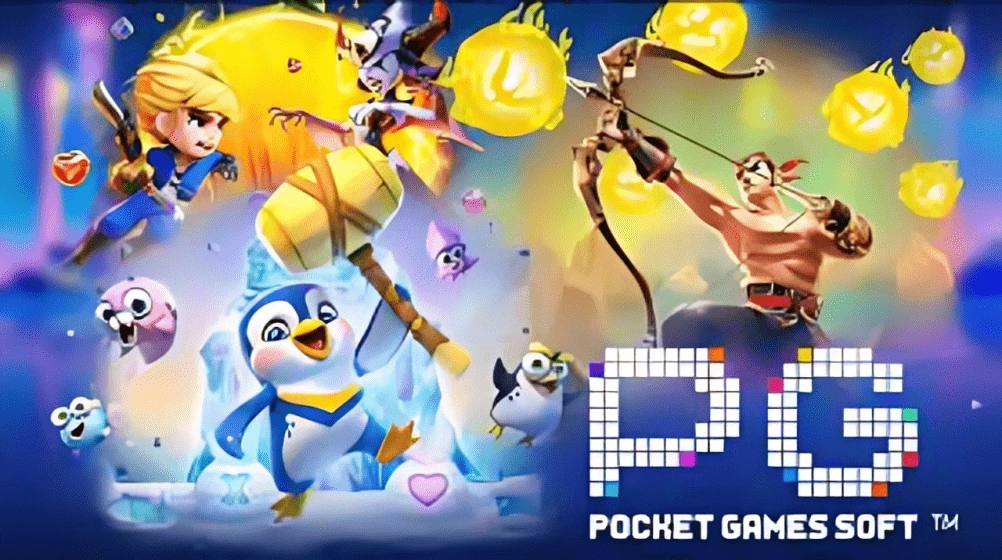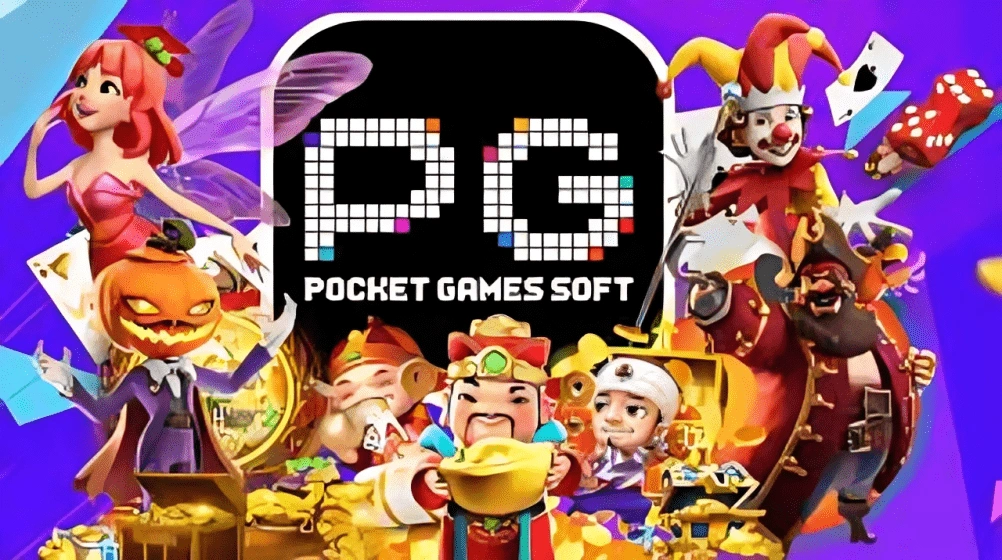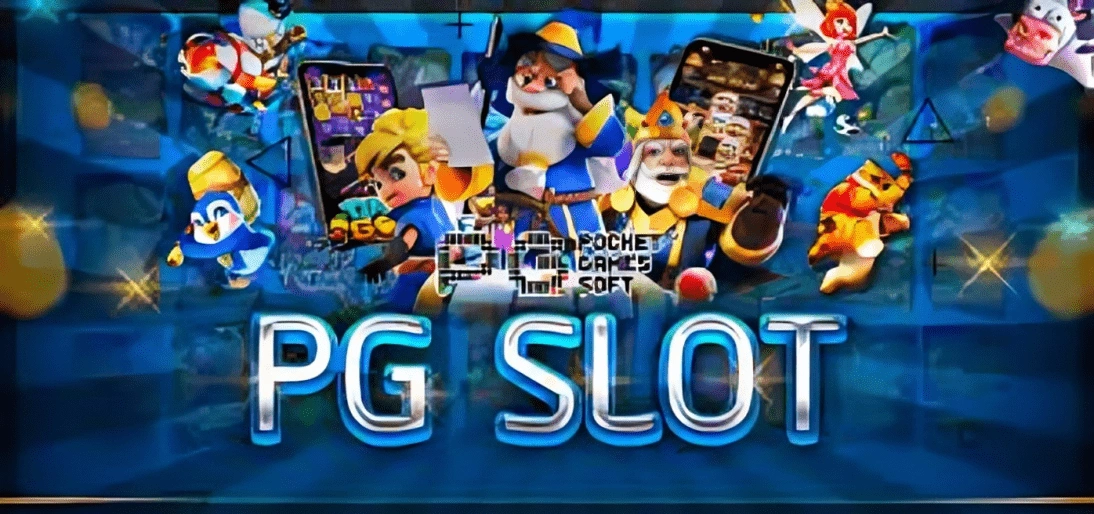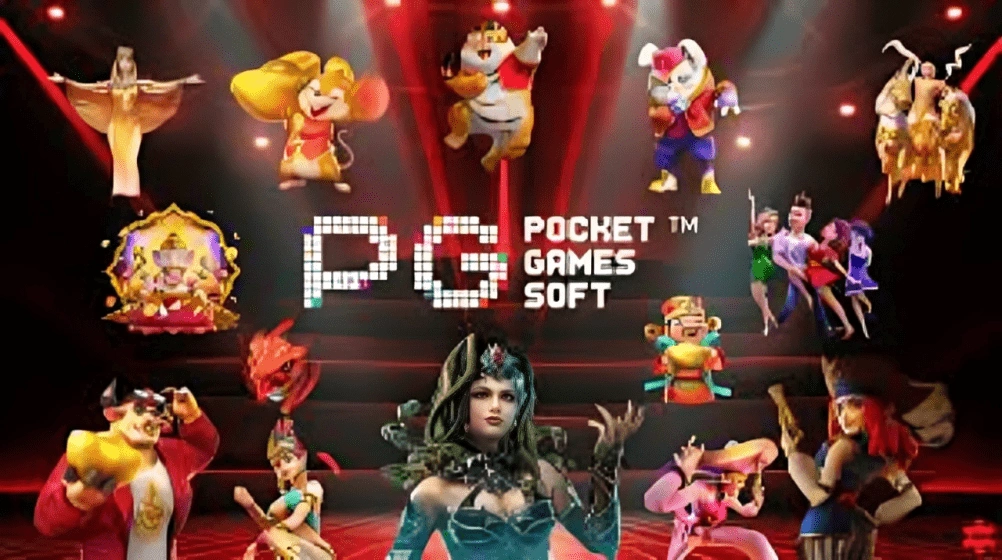December 6, 2025
No Comments
The world of video games is a dynamic tapestry woven with innovation, storytelling, slot7000 and unforgettable experiences, constantly evolving yet always anchored by timeless classics. From the grand console epics that define an era to the pocket-sized adventures that accompany us on the go, the quest for the “best games” is a perpetual journey for enthusiasts. This journey often leads us through the hallowed halls of Sony’s gaming history, particularly focusing on the monumental impact of PlayStation consoles and the remarkable legacy of the PlayStation Portable (PSP). Determining what constitutes “best” is, of course, a deeply personal endeavor, but certain titles transcend individual preference to achieve widespread critical acclaim, influence, and enduring popularity, shaping the very landscape of interactive entertainment.
What truly elevates a game to the status of “best”? It’s often a confluence of factors: groundbreaking gameplay mechanics that challenge conventions, narratives that resonate deeply and provoke thought, visual and auditory artistry that pushes technological boundaries, and a sheer replayability that keeps players coming back for more, years or even decades after its initial release. The “best games” are those that leave an indelible mark, fostering communities, inspiring future developers, and creating memories that stick with us long after the credits roll. They represent peaks of creativity and technical achievement within their respective genres and eras, providing benchmarks against which new titles are often measured.
The PlayStation brand has, since its inception in 1994, been a relentless innovator and a consistent home for many of these genre-defining masterpieces. The original PlayStation burst onto the scene with its revolutionary 3D graphics and CD-ROM format, allowing for richer worlds and cinematic experiences previously unimaginable. Titles like *Final Fantasy VII* captivated millions with its sprawling narrative and iconic characters, while *Metal Gear Solid* redefined stealth action with its cinematic presentation and mature storytelling. These early PlayStation games laid the groundwork for a legacy of excellence, proving that video games could deliver narratives as compelling as any film or novel, while also offering unparalleled interactive depth.
The PlayStation 2 continued this dominance, becoming the best-selling console of all time with an unparalleled library of diverse and high-quality titles. Its reign saw the birth of new franchises that would become household names, alongside the evolution of established series. *Grand Theft Auto III* and its successors reinvented the open-world genre, offering players unprecedented freedom within bustling, living cities. *God of War* introduced Kratos, a character synonymous with epic scale and brutal combat, while *Shadow of the Colossus* delivered an emotionally resonant experience through its unique boss-rush gameplay and minimalist storytelling. The PlayStation 3 then ushered in the high-definition era, focusing on powerful graphics and enhanced online capabilities. It presented us with cinematic triumphs like *Uncharted 2: Among Thieves*, a benchmark for action-adventure, and the deeply moving narrative of *The Last of Us*, which redefined storytelling in games with its poignant character development and post-apocalyptic setting.
As gaming technology progressed, so too did the capabilities and ambitions of PlayStation games. The PlayStation 4 continued to push graphical fidelity and immersive worlds, hosting a new generation of critically acclaimed titles. *Marvel’s Spider-Man* offered an exhilarating traversal system and a heartfelt narrative, while *Horizon Zero Dawn* presented a stunning open world teeming with robotic wildlife and a compelling mystery. The 2018 iteration of *God of War* breathed new life into the franchise with its Norse mythology setting and deeply personal story of fatherhood. Even now, the PlayStation 5 continues this tradition, delivering lightning-fast loading times and stunning ray-traced visuals that make games like *Ratchet & Clank: Rift Apart* and *Demon’s Souls* feel truly next-generation, further cementing PlayStation’s role as a titan in the console gaming space.
Yet, the realm of “best games” isn’t confined solely to the living room console. Sony also made a significant impact on portable gaming with the PlayStation Portable (PSP). Launched in 2004, the PSP was a marvel of its time, offering console-quality graphics and gameplay in a handheld device, a feat that felt truly revolutionary. It wasn’t just a portable gaming device; it was a multimedia powerhouse capable of playing movies, music, and browsing the internet, establishing a benchmark for handheld versatility. The PSP’s library, while sometimes overshadowed by its console big brothers, is rich with unique experiences and scaled-down ports of beloved franchises that proved just as engaging on the small screen.
Among the “best PSP games” were titles that offered experiences previously thought impossible on a handheld. *God of War: Chains of Olympus* and *Ghost of Sparta* proved that Kratos’s epic adventures could be perfectly translated to a portable format, complete with stunning visuals and intense combat. The *Grand Theft Auto* series also found a successful home on the PSP with *Liberty City Stories* and *Vice City Stories*, offering sprawling open-world crime sagas that players could literally take anywhere. Beyond these console adaptations, the PSP also forged its own identity with original spin-offs and new IPs. *Crisis Core: Final Fantasy VII* delivered a poignant prequel to the iconic PS1 game, beloved by fans for its emotional story and engaging combat system. *Monster Hunter Portable* became a massive phenomenon, particularly in Japan, establishing the franchise’s portable dominance and fostering a unique co-op culture among players. These PSP games showcased the device’s true potential, demonstrating that captivating, deep gaming experiences were not exclusive to home consoles, but could be enjoyed on the go, anytime, anywhere.
Ultimately, the journey through the “best games,” whether on the groundbreaking PlayStation consoles or the innovative PlayStation Portable, is a testament to the enduring power and artistry of video games. These platforms have not only pushed technological boundaries but have also served as canvases for some of the most memorable stories and immersive worlds ever created. From the foundational blockbusters of the original PlayStation to the portable marvels of the PSP and the cinematic masterpieces of the modern PlayStation generations, each era has contributed its own set of “best games” that continue to resonate with players, shaping our expectations and enriching our lives with unparalleled interactive entertainment. The legacy of these games is not just in their sales figures or critical scores, but in the joy, challenge, and wonder they continue to inspire in millions around the globe.





